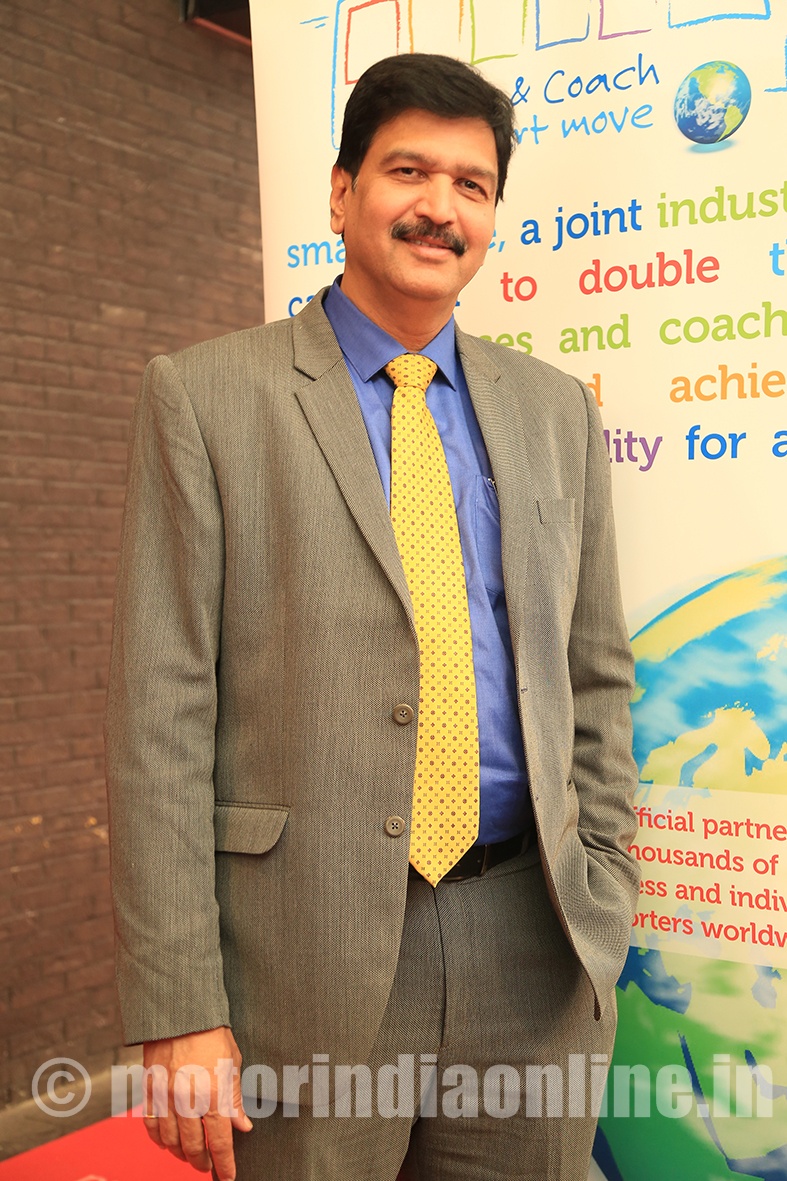Prasanna Purple has a long history of more than 25 years in passenger mass transit operation and has pioneered the art of surface mobility solutions. “We offer an array of mobility solutions like city and intercity buses, corporate staff transport and school bus services, apart from other offerings. We understand the concept of human logistics very well with our vast experience in the field,” says Mr. Prasanna Patwardhan, Chairman and Managing Director, Prasanna Purple.
Today, the private fleet operator works with 1,000 plus buses of different categories. “We operate around 110 buses in the intercity, around 700 in city and around 250 buses for school children and staff transportation all over the country. We have seen growth in the intercity segment and are also optimistic about the school bus and staff transportation,” beams Mr. Patwardhan.
All vehicles of Prasanna Purple are monitored with GPS. With electronic ticketing and smart card, business is run scientifically using modern tools. To support and monitor all technology well-equipped and efficient local and centralized control rooms and research centers have been set up.

The CMD further says: “We have a highly trained and motivated team of professionals handling operations. We are also using a comprehensive transit asset management software application designed for tracking all transit infrastructure which helps in rolling stock, assets and spare maintenance. Known as Trapeze, it helps in reducing the cost of owning and operating infrastructure, while extending their life and keeping them safe to operate.”
The way forward
Prasanna Purple is upbeat about the slew of smart city initiatives and feels there is tremendous scope in intercity as well as corporate and students movement in buses. “We are growing in intercity, but it is not at the pace at which we would like to. We have also ventured into city buses and applied tenders in various cities for public-private partnerships. However, we should try to touch a level of 1,000 buses in the school and staff transport segment in the next two years, and by 2020 we should be able to double the number of buses. This should also take our revenues from approximately Rs. 250 crores to Rs. 500 crores,” he observes.
Today almost in every sector there is public-private partnership. It is time that even road transportation was encouraged on similar ones. “Transport is the only area where this level playing field has not happened. Major changes can happen when bus stations are designed like airports and even private players are allowed to use it keeping in mind city, intercity and intra-State transportation,” he concludes.
Clearly, people need facilities, and if the Government works in sync with private bus operators, it will be a win-win situation for both. Private bus players would not want to be treated inferior when they pay heavy taxes and face huge challenges in terms of permits, infrastructure while striving hard to offer comfortable and timely bus services for commuters.